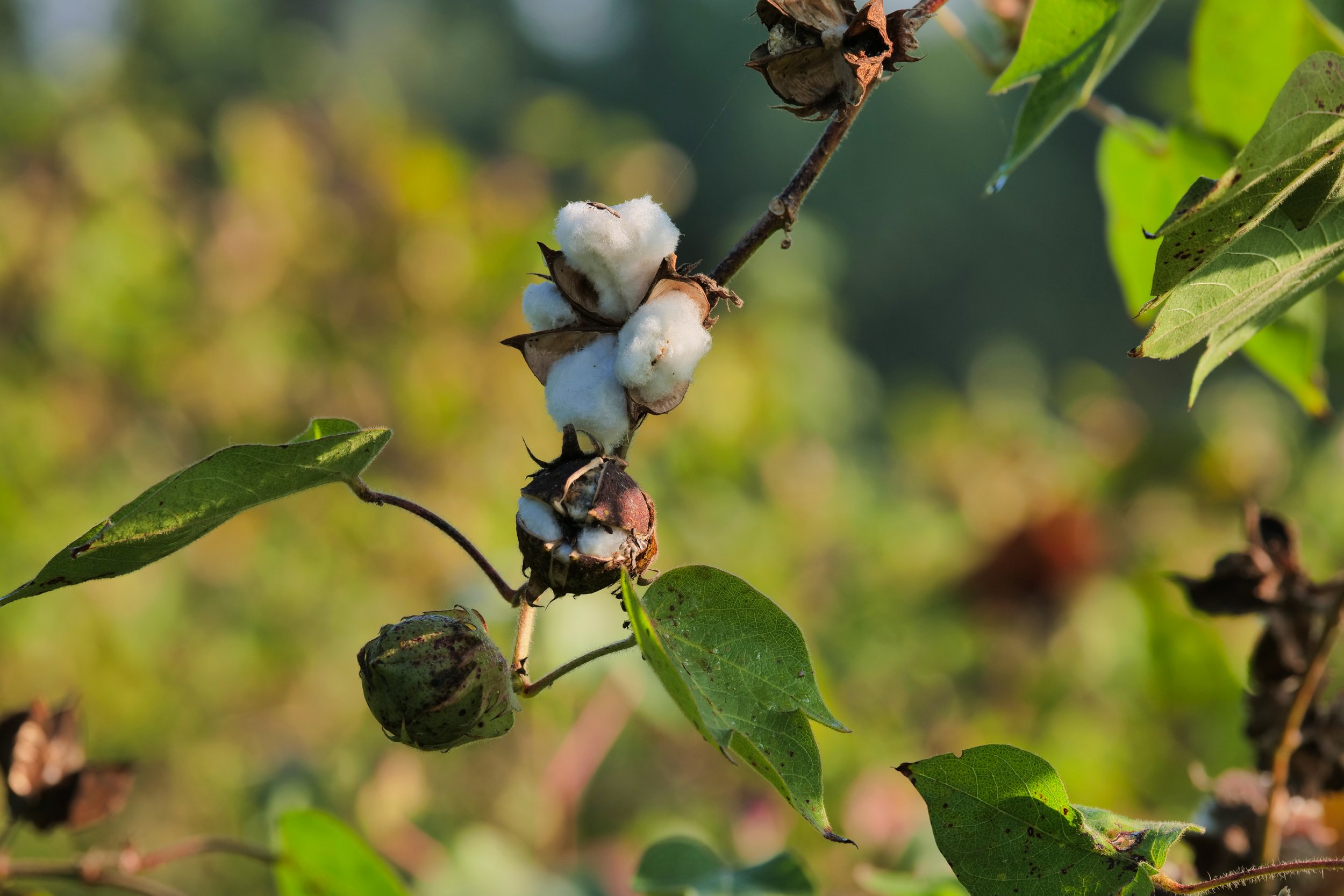The Importance of Soil Health

World Soil Day celebrates the importance of soil as a critical component of the natural system and as a vital contributor to human wellbeing. Held on 5th December 2017, the theme of this year’s event is ‘Caring for the planet starts from the ground’, highlighting the need to protect this finite natural resource.
Conventional cotton is associated with huge inputs of water and pesticides, deteriorating ecosystems, health and livelihoods of cotton farmers and their surrounding communities.
Soil Health
Understanding that soil quality is the foundation on which good farming is based, at CottonConnect through our REEL Cotton Programme, we are training cotton farmers how to maintain soil health and farm sustainably, with the help of various bio-diverse fertilisers and sustainable farming practices. Not only does organic soil improve the quality of the cotton, but it also contains sufficiently higher amounts of nutrients compared to conventional soil, reducing the need for chemical fertilisers and thus helping farmers to save on their cost of farming inputs.

Moreover, we are also training farmers on the importance of composting and intercropping. The benefits of composting include improved soil health by adding stable organic matter to the soil, and slowly releases major nutrients; improved soil structure and fertility which can increase yield potential; better water management as compost can prevent water logging of heavy soils and increasing water infiltration.
Intercrop training teaches farmers that intercrops, including peas or beans, are not secondary crops but in fact beneficial crops that help in nutrient fixation which ultimately improve the quality of the cotton.






























